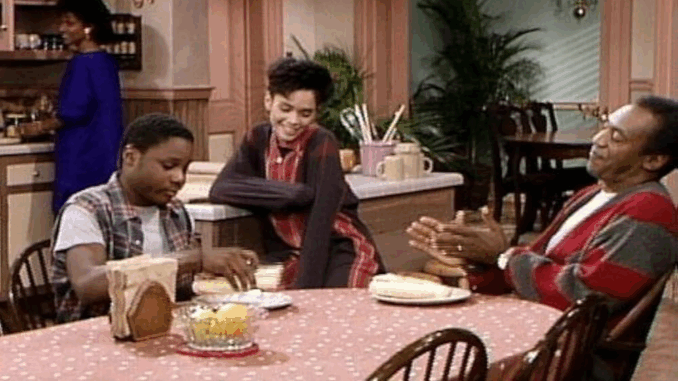
When The Cosby Show debuted in 1984, it did more than entertain millions—it revolutionized how television portrayed family life and African American culture. This iconic sitcom not only captured hearts but also played a crucial role in reshaping societal views during a pivotal time in American history.
The Birth of a New TV Era
Created by Bill Cosby, the show centered around the Huxtables, an upper-middle-class African American family living in Brooklyn. Unlike previous shows that often relied on stereotypes or limited roles for Black characters, The Cosby Show offered a complex, positive portrayal filled with humor, love, and wisdom.
Impact on Representation and Diversity
By showcasing successful professionals like Dr. Cliff Huxtable and lawyer Clair Huxtable, the show broke barriers and opened doors for more inclusive television programming. This representation gave millions of viewers a chance to see Black families in a new light—educated, nurturing, and thriving.
Lessons Beyond Comedy
While the show was undeniably funny, it also tackled important social issues like education, gender roles, and community values. The scripts balanced comedy with thoughtful life lessons, making it relatable to a wide audience and providing meaningful conversations around family and society.
Enduring Popularity and Cultural Legacy
The Cosby Show dominated TV ratings for much of the 1980s and left a lasting mark on popular culture. Its influence is evident in the many family-centered sitcoms that followed, and it remains a reference point for discussions about diversity and positive representation in media.
Conclusion
The Cosby Show stands as a landmark in television history—a series that not only entertained but also educated and inspired. Despite controversies surrounding its star, the show’s impact on how families, especially African American families, are portrayed on screen continues to resonate. For fans of classic TV and cultural history, The Cosby Show remains a must-watch that changed the face of American entertainment forever.